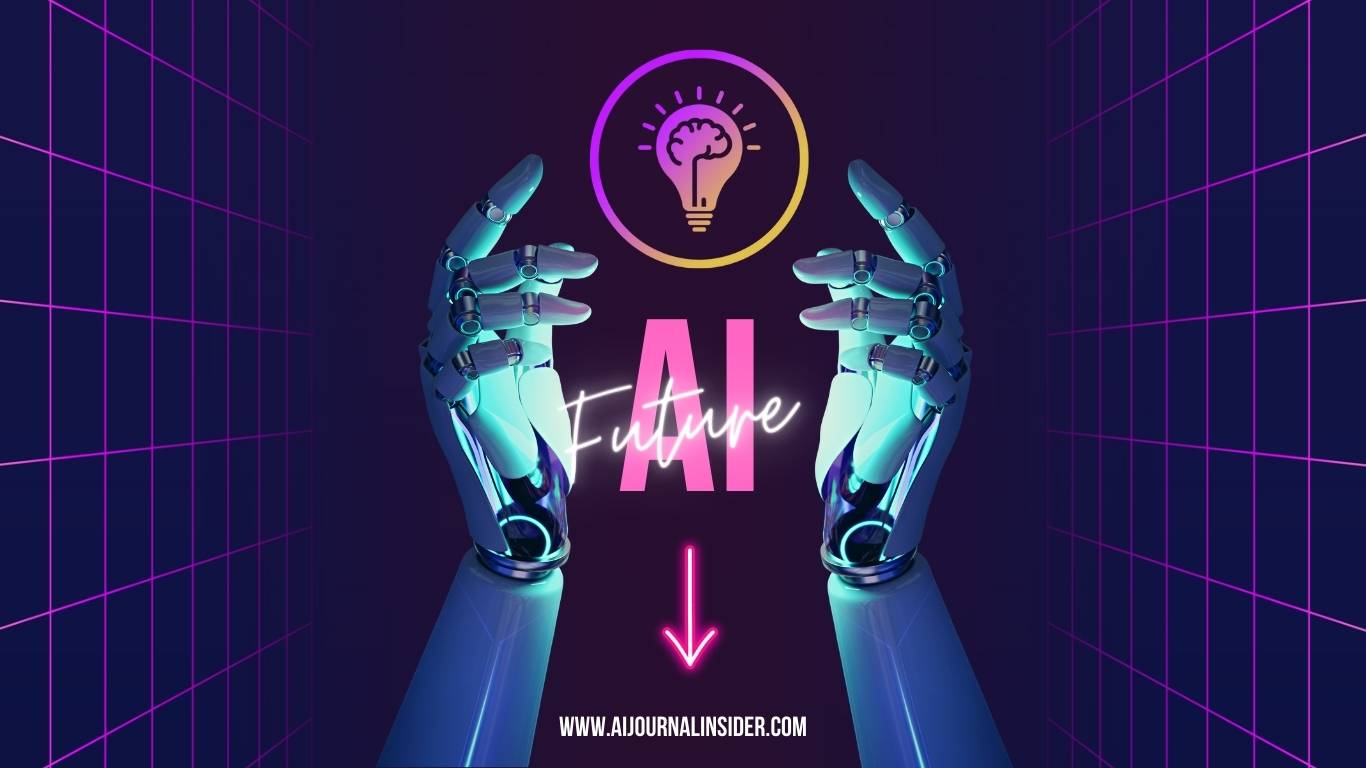The Future of AI: The rapid advancements in artificial intelligence (AI) over the past decade have set the stage for an even more transformative futu
The Future of AI:
The rapid advancements in artificial intelligence (AI) over the past decade have set the stage for an even more transformative future. As we look ahead, two critical areas—deep learning and quantum computing—promise to drive the next wave of AI evolution. This blog post explores the anticipated developments in these fields and their potential societal and industrial impacts.
Deep Learning: The Next Frontier
Enhanced Autonomy and Decision-Making
Deep learning, a subset of machine learning, has already made significant strides in enabling AI to perform complex tasks such as image recognition, natural language processing, and game strategy. However, its evolution is far from over.
More Advanced Applications
In the future, we can expect deep learning algorithms to become even more sophisticated, enabling more advanced and autonomous decision-making across various sectors. For instance, in healthcare, AI systems could not only diagnose diseases with unprecedented accuracy but also recommend personalized treatment plans and predict patient outcomes.
Efficiency and Accessibility
As deep learning models continue to mature, they will become more efficient and less dependent on enormous datasets. This shift will democratize AI, making it accessible to a broader range of industries and organizations, including those with limited resources.
Quantum Computing: A Game-Changer for AI
Unparalleled Processing Power
Quantum computing represents a paradigm shift in computational power, leveraging the principles of quantum mechanics to process information at unprecedented speeds. When integrated with AI, quantum computing has the potential to solve problems that are currently infeasible with classical computers.
Breakthroughs in Data Processing
One of the most significant breakthroughs we can anticipate is in data processing capabilities. Quantum computers could analyze vast datasets in seconds, uncovering patterns and insights that would take traditional systems years to identify. This capability could revolutionize fields such as materials science, cryptography, and climate modeling.
Transforming Machine Learning
Quantum computing could also transform machine learning by accelerating the training of complex models. This speed could lead to more accurate predictions and real-time data analysis, opening new possibilities in areas like financial forecasting, supply chain optimization, and autonomous systems.
Ethical and Regulatory Considerations
Evolving Frameworks
As AI technologies become more powerful and pervasive, ethical and regulatory frameworks will need to evolve accordingly. Ensuring that AI is developed and deployed responsibly will be crucial to addressing concerns around bias, privacy, and security.
Mitigating Job Displacement
The rise of AI and automation inevitably raises questions about job displacement. While AI will create new opportunities and industries, it will also render some roles obsolete. Policymakers and industry leaders must collaborate to develop strategies for workforce reskilling and education to mitigate the impact on employment.
Societal and Industrial Impacts
Transforming Industries
The evolution of AI will have profound effects on various industries. In manufacturing, AI-driven automation will enhance productivity and efficiency, reducing costs and improving quality. In finance, AI algorithms will provide better risk assessment and fraud detection, leading to more secure transactions.
A Double-Edged Sword
However, the societal impacts of AI will be multifaceted. While AI has the potential to improve quality of life by solving complex problems and driving innovation, it also poses risks. The possibility of AI-enabled warfare and the ethical dilemmas surrounding autonomous systems highlights the need for comprehensive regulatory oversight.
Conclusion
The future of AI is both exciting and uncertain. As deep learning and quantum computing push the boundaries of what is possible, we must navigate the challenges and opportunities they present carefully. By fostering a collaborative approach to ethical considerations and regulatory frameworks, we can harness the transformative power of AI to benefit society and industries alike.
The journey ahead is filled with potential, and how we choose to shape the evolution of AI will determine whether it serves as a force for good or becomes a source of contention. The stakes are high, but the rewards could be unparalleled.

COMMENTS